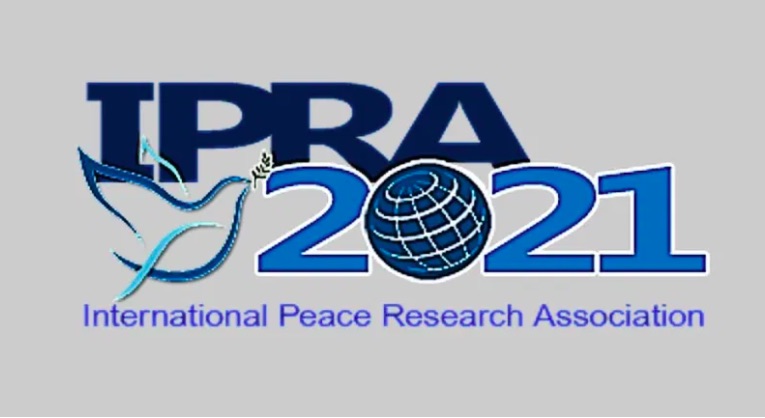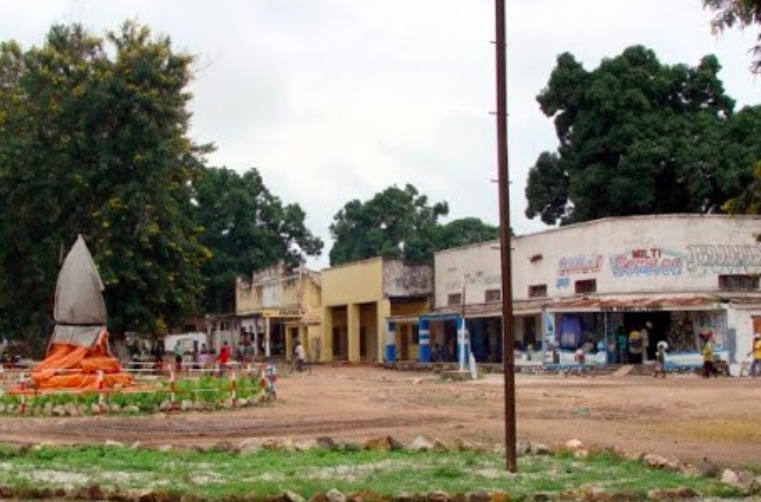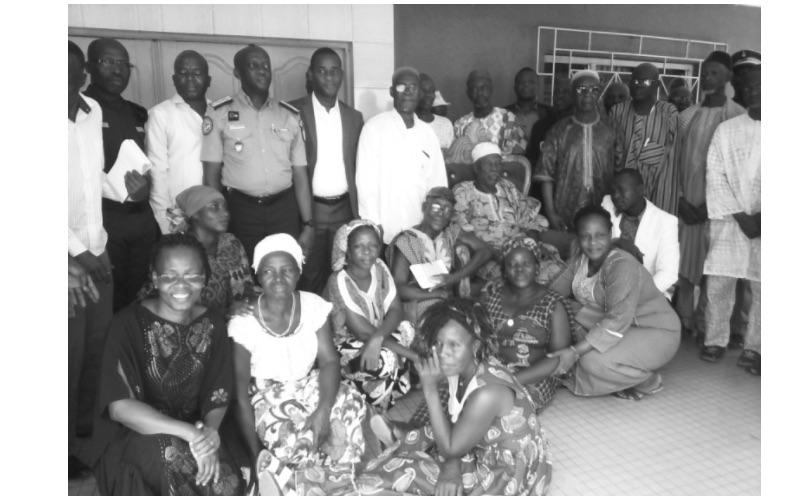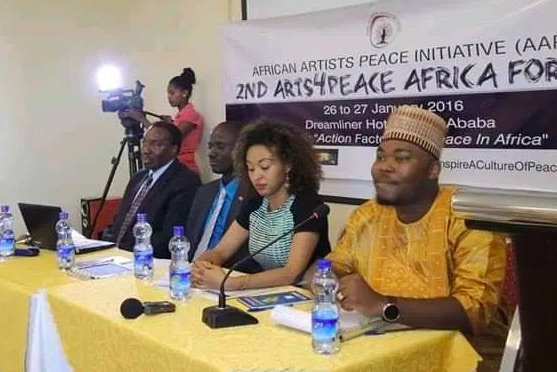. WOMEN’S EQUALITY .
Excerpts from the Africa Young Women’s Manifesto. [Note: the document is very heavy and takes at least 5 minutes to open.]
The Africa Young Women’s Manifesto is a political document that sets out critical issues of concern for young women of Africa and makes demands for addressing them. The Manifesto is the result of five Africa Young Women Beijing+25 Regional Barazas that convened over 1500 participants and over 30 partners with the objectives of FEM: Foster-Enable-Mobilize. [See the CPNN article on October 27 and the virtual events noted for October 30 and for November 25.]
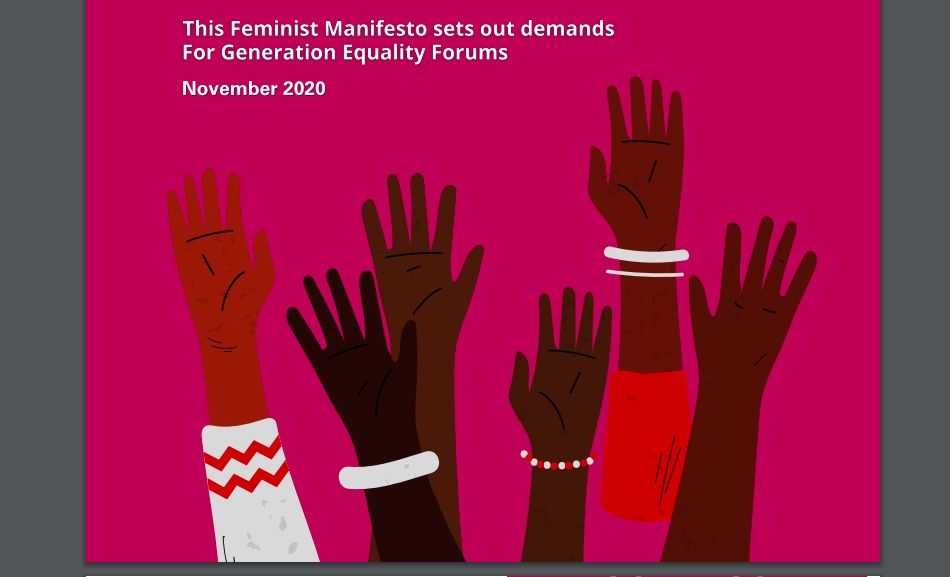
The Manifesto therefore provides a platform of a common set of demands for the achievement of gender equality and equity as well as Agenda 2063 and Agenda 2030. It allows young women to articulate their concerns and secure a clear and unreserved commitment by the Generation Equality Forum and Action Coalitions Leadership, which blueprint will inform policies, institutional processes and intersectional programmes and measures. These demands will ensure that girls and young women are able to participate actively, equally and effectively at all levels of social, educational, economic, political, cultural, civic life and leadership as well as scientific endeavors.
(Article continued in right column)
Can the women of Africa lead the continent to peace?
(Article continued from left column)
The process of developing and promoting the Manifesto also built upon the experiences of young women which ensures the manifesto is owned by a broad constituency. Young women are thereby empowered to use their voices to bring more youth into this movement. Participants of the five regional consultations came from across 45 countries, namely Algeria, Angola, Benin, Botswana, Burkina Faso, Cameroon, Chad, Côte D’Ivoire, Comoros, Congo, Democratic Republic of Congo, Djibouti, Eswatini, Egypt, Ethiopia, Eritrea, Ghana, Gambia, Kenya, Liberia, Libya, Lesotho, Malawi, Mozambique, Morocco, Mauritania, Madagascar, Mauritius, Namibia, Nigeria, Rwanda, Sahrawi Arab Democratic Republic, South Africa, Sierra Leone, Senegal, Somalia, South Sudan, Sudan, Tanzania, Tunisia, Togo, Uganda, Zimbabwe, and Zambia.
The Manifesto includes detailed sections with demands for :
* Economic Justice
* Criminalization of Gender-based Violence
* End of Gender Discrimination
* Access to Justice and Protection
* Sexual and Reproductive Health Rights
* Mental Health and Well-Being
* Inclusive, Equitable and Quality Education
* Digital Justice
* Silencing the Guns
* Intergenerational Co-Leadership

